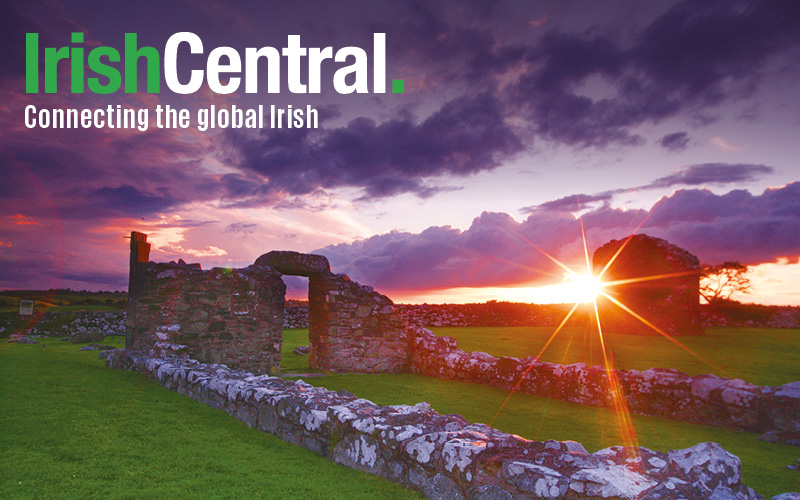The International Monetary Fund (IMF) has told the Irish government to scrap some free benefits for the country's 480,000 pensioners to save money.
Pensions, free travel and medical cards, as well as cheap electricity, gas and television licenses are all targeted in the proposed cuts, which were in a report that accompanied the IMF's latest €3.2bn tranche of bailout cash released to the government this week.
Ministers will be reluctant to spark another "grey revolt," such as the massive protests that forced a Fianna Fail U-turn on cutting medical cards for the elderly in 2008.
However, the IMF argues that:
- The number of old people is rising by 3pc a year.
- Payments to the elderly have risen by 20pc since the economy collapsed in 2007.
- About 2pc of economic output goes on universal benefits.
The Irish government does not have to follow the IMF's report, but it could come under pressure later this year if economic growth comes in lower than expected, reports the Irish Independent.
Irish citizens now claim more than half of government revenue compared to a third in 2007, the largest increase in welfare spending in Europe.
In recent Budgets, other social welfare benefits such as child benefit and dole payments have been cut, while the state contributory pension has remained at €230 a week.
The IMF now wants more means testing to target those who need help, rather than the current system, which does not differentiate between needy and wealthy pensioners.
The Central Statistics Office recently calculated that only 9pc of households where the adults were over the age of 55 have had to make cutbacks compared to nearly a third of those between the ages of 35 and 44.
Pensioners get 1,800 units of free electricity, a natural gas allowance of €48 every two months in the summer and €102 every two months in the winter, a free TV licence, and a telephone allowance of €22.58. Free travel is available on Iarnród Éireann, Bus Éireann, Dublin Bus, Dart and Luas Services.
“The state pension was not hit directly, but older people have been impacted in lots of other ways,” Age Action Ireland's chief executive, Eamon Timmins, told the Irish Independent.
“Older people are very, very worried. They are looking at the introduction of the household charge, water charges and there is nothing they can do because they are on a fixed income,” he added.




Comments